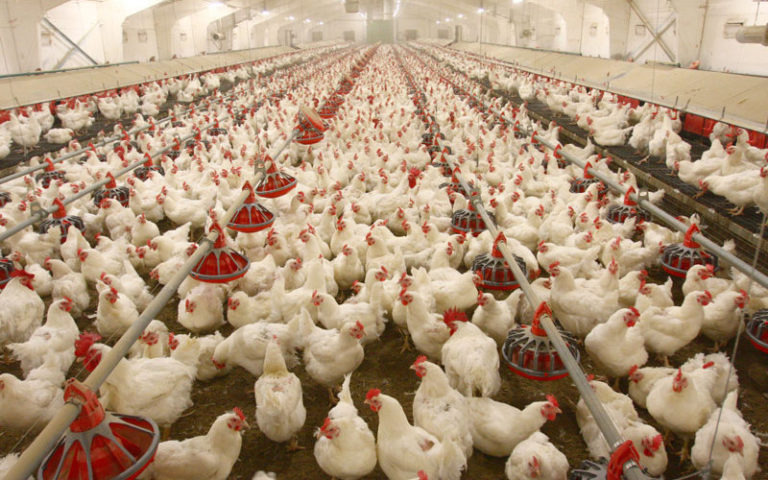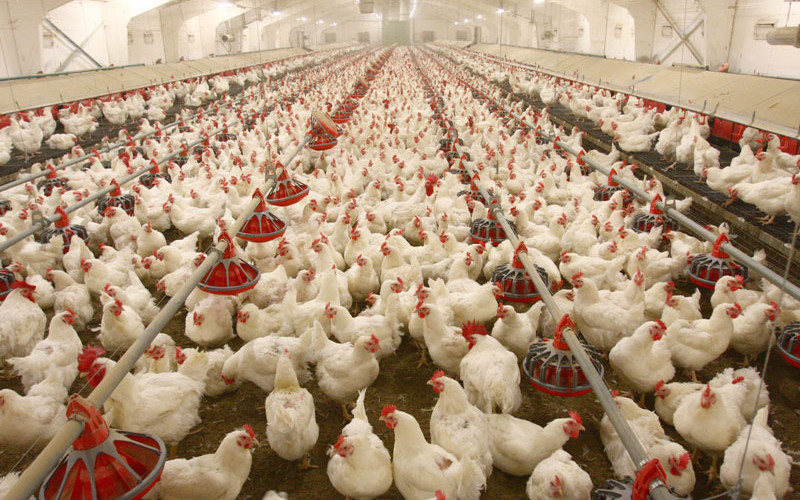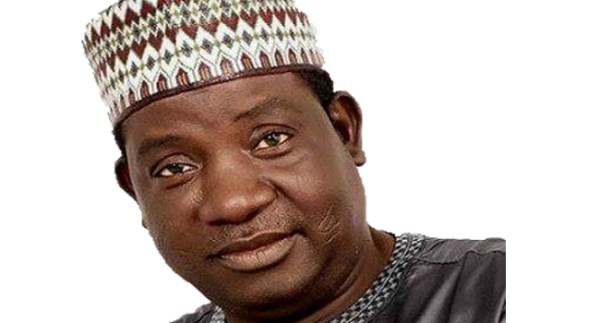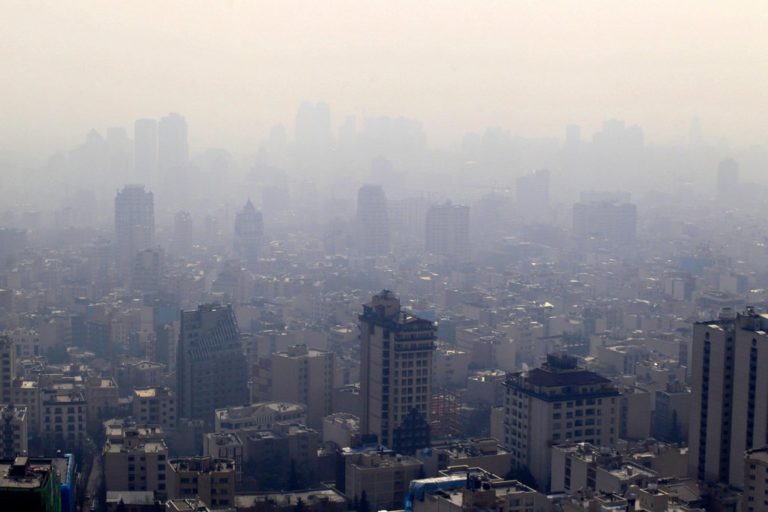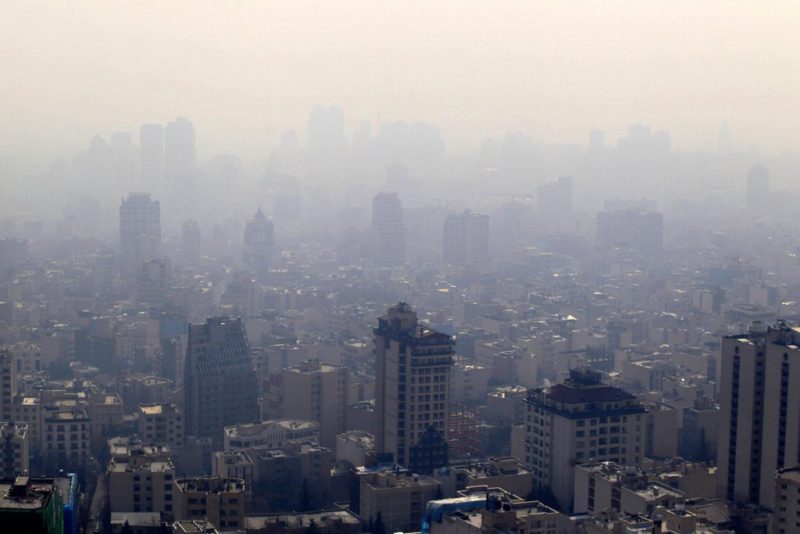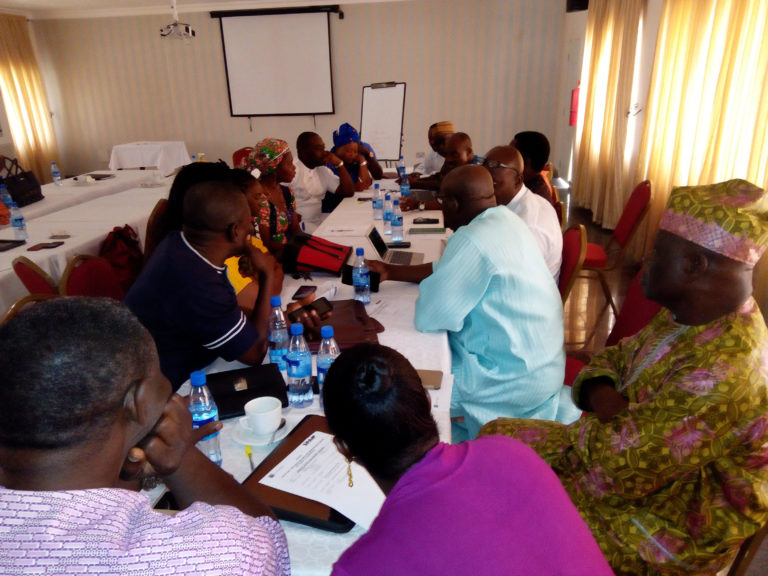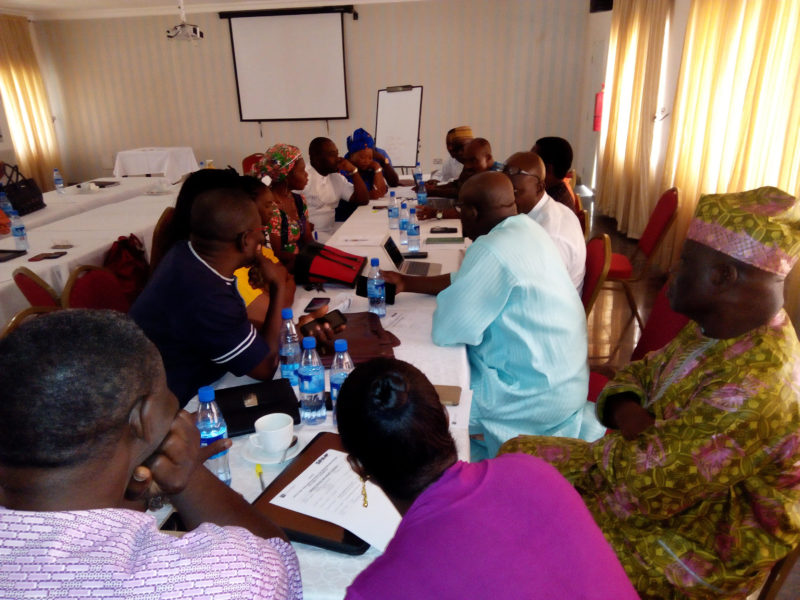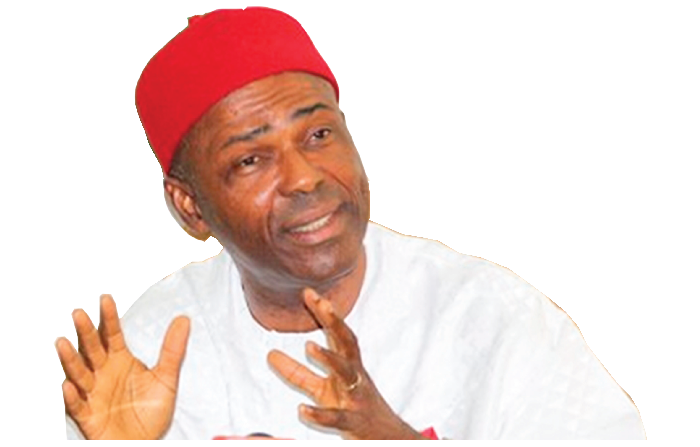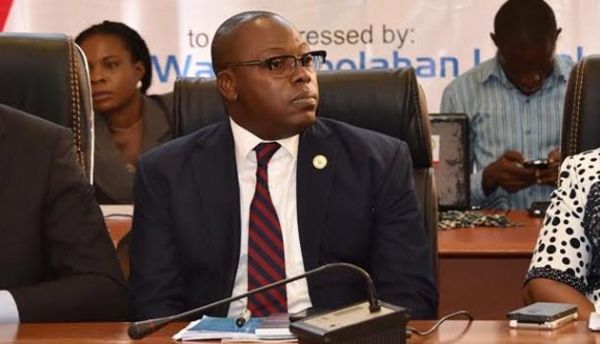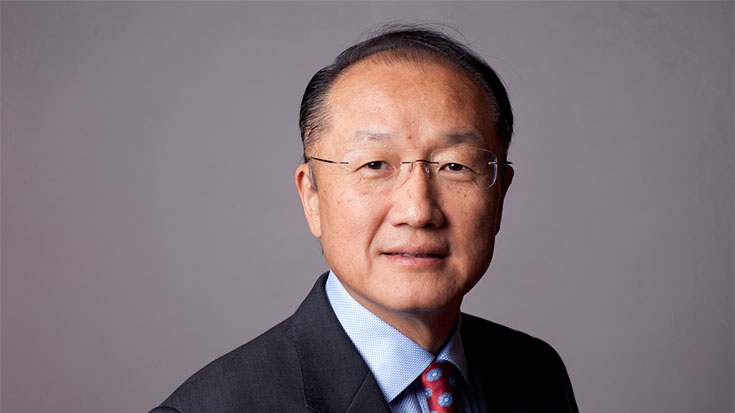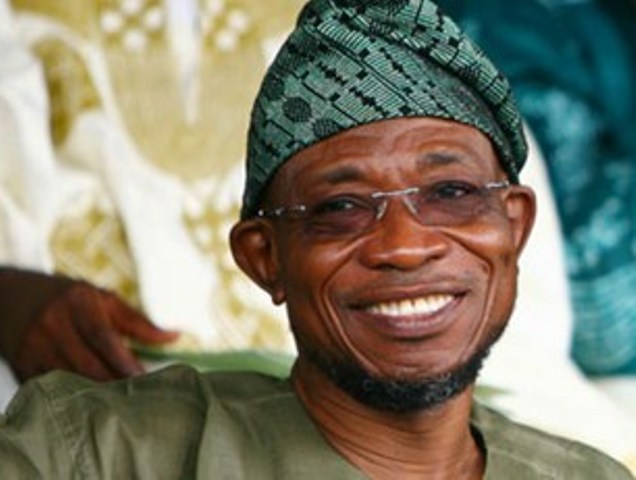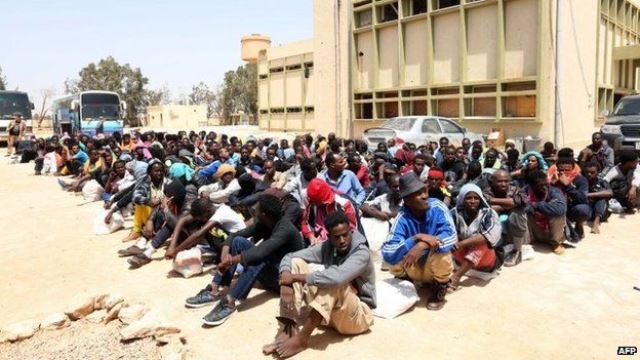The International Institute of Tropical Agriculture (IITA) has been granted a permit to carry out Confined Field Trials (CFT) of genetically modified (GM) cassava (AMY3 RNAi Transgenic lines).
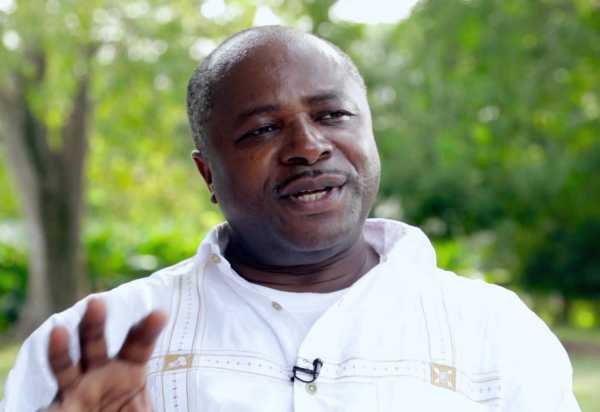
This is contained in a statement signed by IITA Head of Communication, Mrs Catherine Lopez, and made available to News Agency of Nigeria (NAN) on Tuesday, December 19, 2017 in Ibadan, Oyo State.
The statement said that the research, carried out in collaboration with ETHZ Plant Biotechnology Lab in Zurich, was aimed at reducing starch breakdown in storage roots of cassava after pruning the shoots, prior to harvest of the crop.
It also said that the objective was to obtain storage roots with lower post-harvest physiological degradation, without any loss of the nutritious starch.
It noted that cassava was an important starchy food crop in sub-Saharan Africa as well as other tropical and sub-tropical regions of the world.
The statement said that one of the challenges facing cassava farmers in the country was the high level of post-harvest losses, caused by rapid deterioration of the starch-rich roots which occurred naturally after harvesting.
“Though the post-harvest deterioration can be reduced by pruning the shoots of cassava plants without unearthing the roots, but this poses a problem.
“The problem is that the desirable starch, stored in the root, can be degraded by the plant after pruning, which, in turn, lowers the harvest yield and root quality.
“To address this, a research project was conceived at ETH Zurich where cassava plants using cultivar 60444 were generated.
“They were generated using RNAi as the tool to try to reduce starch breakdown in the root after pruning of the shoots.
“Extensive testing was carried out in greenhouses in Switzerland, where the plants were grown for three consecutive years.
“Our greenhouse experiments were an important first step but they cannot be a substitute for genuine field conditions.
“Hence, it is necessary to grow the plants in a tropical climate such as that of Nigeria; IITA is an excellently equipped and well-staffed institute that could perform such a confined field trial.’’
The statement said the CFT permit, which was issued by the National Biosafety Management Agency in accordance with the National Biosafety Agency Act 2015, was for the period between Sept. 22, 2017 and Dec. 31, 2018.
It said that the research was a fact-gathering process, aimed at gaining fundamental knowledge about starch metabolism in the storage root, about cassava as a crop.
“As part of the experiment, re-growth of stem cuttings from the plants will also be assessed, since re-growth may also depend on starch stored in the stem.
“This is important since cassava is normally propagated by stem cuttings and not by seed.
“The primary beneficiaries of the knowledge gained from this research (and its eventual application for cassava improvement) would be cassava farmers in Nigeria and other regions,” the statement added.
By Chidinma Ewunonu-Aluko

